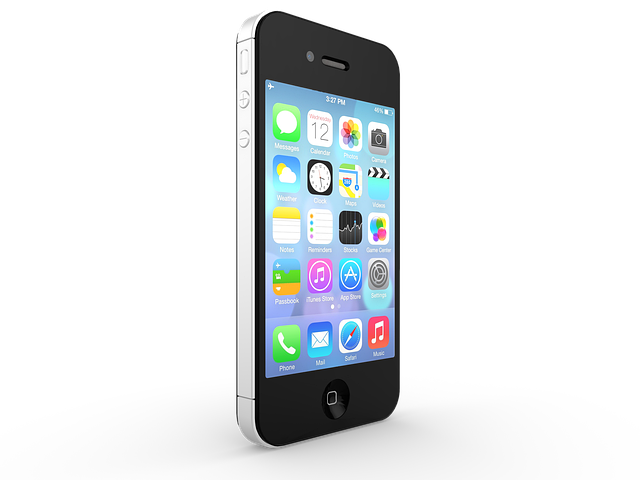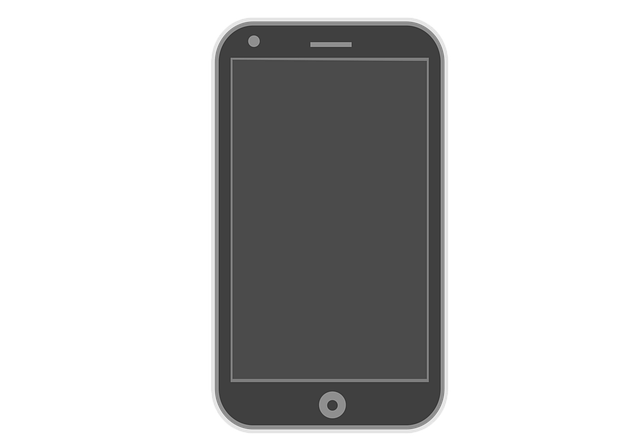Los Angelenos can curb unwanted telemarketing and spam calls by registering on the National Do Not Call Registry (NDNCR) via the FTC. This process requires personal details and grants 30-day protection against most marketers. A lawyer for spam call Los Angeles can ensure proper enrollment and offer legal action if needed. Additionally, installing call-blocking apps, regularly updating registration status, and reporting scammers are effective measures to enhance privacy and peace of mind in a bustling business environment.
“Discover how to harness the power of the National Do Not Call Registry and protect yourself from relentless spam calls in Los Angeles. This comprehensive guide dives into every aspect, from understanding the registry’s reach to ensuring your eligibility for registration. Learn about legal avenues, specifically engaging a lawyer for spam call relief, and master strategies to fortify your protection. By employing these tactics, LA residents can reclaim their peace of mind in today’s digital landscape.”
Understanding the National Do Not Call Registry: A Comprehensive Guide
The National Do Not Call Registry is a powerful tool designed to curb unwanted phone calls, especially those considered spam or telemarketing. As a resident of Los Angeles, understanding how this registry works can significantly enhance your control over your phone communications. It’s a comprehensive list maintained by the Federal Trade Commission (FTC) that allows consumers to register their phone numbers to opt-out of most telemarketing calls. By enrolling, you signal to call centers and marketers that you do not consent to receiving sales or promotional calls.
This registry is particularly useful for Los Angeles residents who face a high volume of spam calls, thanks to the city’s bustling nature and diverse business environment. If you’re tired of incessant telemarketers, a lawyer for spam calls in Los Angeles can guide you through the process of registration and help protect your rights further. It’s a straightforward yet powerful step towards reclaiming your phone line from intrusive calls.
Eligibility and Registration Process for Los Angeles Residents
In Los Angeles, residents who wish to reduce unwanted telemarketing calls can protect themselves by registering their phone numbers on the National Do Not Call Registry. Eligibility is limited to landline and mobile phone numbers, ensuring that VoIP lines are not covered. To register, individuals or households must provide their full name, address, and phone number to the Federal Trade Commission (FTC). The process is straightforward and can be completed online through the FTC’s website or by mail using the included form.
A lawyer for spam calls in Los Angeles can guide residents through this process, ensuring accurate registration and providing assistance if any issues arise. It’s important to note that once registered, businesses with established business relationships (e.g., banks, credit card companies) are exempt from the restrictions, but telemarketers not on this list must cease calling within 30 days of receiving a registered number.
The Role of a Lawyer in Stopping Spam Calls
In today’s digital era, unwanted spam calls have become a persistent problem, with many residents in Los Angeles seeking solutions to protect their privacy and peace of mind. One effective strategy is to consult a lawyer specialized in handling spam calls. A lawyer for spam call Los Angeles can play a pivotal role in navigating the legal aspects of blocking these nuisance calls.
These legal professionals are well-versed in consumer protection laws and can guide individuals on how to register their phone numbers with the National Do Not Call Registry effectively. They can also assist in taking legal action against companies engaging in excessive or unwanted telemarketing calls, ensuring that clients’ rights are respected and upheld.
Effective Strategies to Maximize Your Protection
To maximize protection from unwanted spam calls in Los Angeles, consider implementing several effective strategies. First, register your phone number with the National Do Not Call Registry (NDNCR). This federal list restricts telemarketers from calling numbers listed on it. However, be aware that some charities and local services are exempt. Regularly reviewing and updating your registration status is crucial to maintain optimal protection.
Second, utilize technology to your advantage. Install reputable call-blocking apps or software designed to identify and block spam calls. Many of these tools learn over time, becoming more effective at filtering out unwanted numbers. Additionally, consult with a lawyer for spam call Los Angeles to explore legal options. They can guide you on specific laws and rights, ensuring you have the strongest defense against relentless spam callers.
Frequently Asked Questions: Addressing Common Concerns
Frequently Asked Questions: Addressing Common Concerns
One common question is, how does the National Do Not Call Registry work? Registering your phone number with the National Do Not Call Registry is a powerful tool to curb unwanted calls. It’s free and easy; you simply fill out the online form or call the designated number. Once registered, it blocks most automated telemarketing calls from companies or organizations using automated dialing systems. However, it doesn’t stop all spam calls, as some scammers use manual dialing or different routes for their illegal activities.
Another frequent query is, do I still get important calls? While the registry significantly reduces unwanted sales calls, it’s designed to allow certain types of calls to go through, including: (1) calls from family, friends, and neighbors; (2) financial institutions or collection agencies; (3) healthcare providers; (4) surveyors; and (5) emergency services. It’s also important to note that if you give out your number at events or sign up for promotions, you may receive calls related to those actions. For persistent spam calls from a lawyer for spam call Los Angeles, consider blocking the number immediately and reporting it to the Federal Trade Commission (FTC) for further action.






